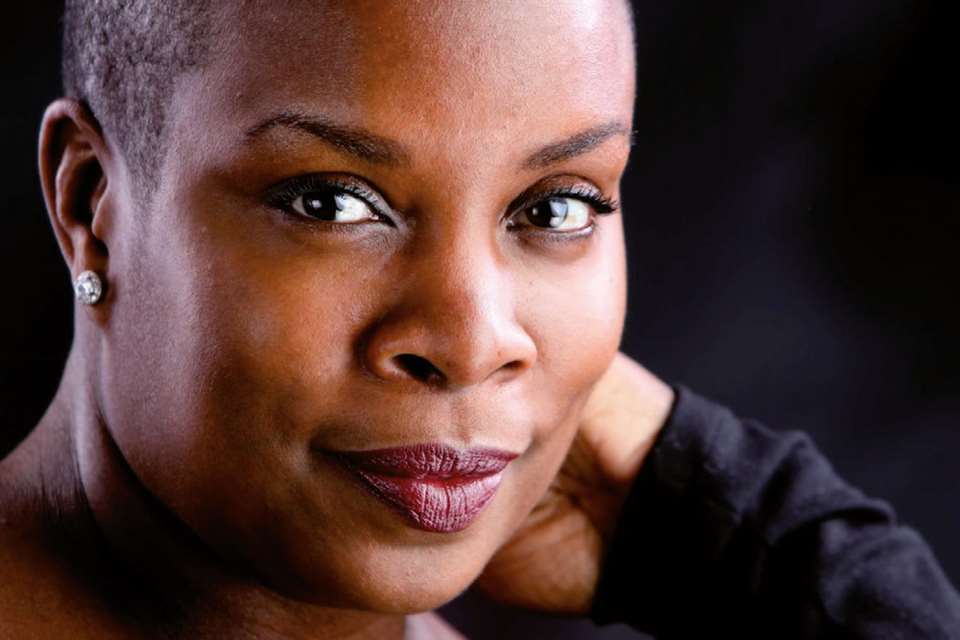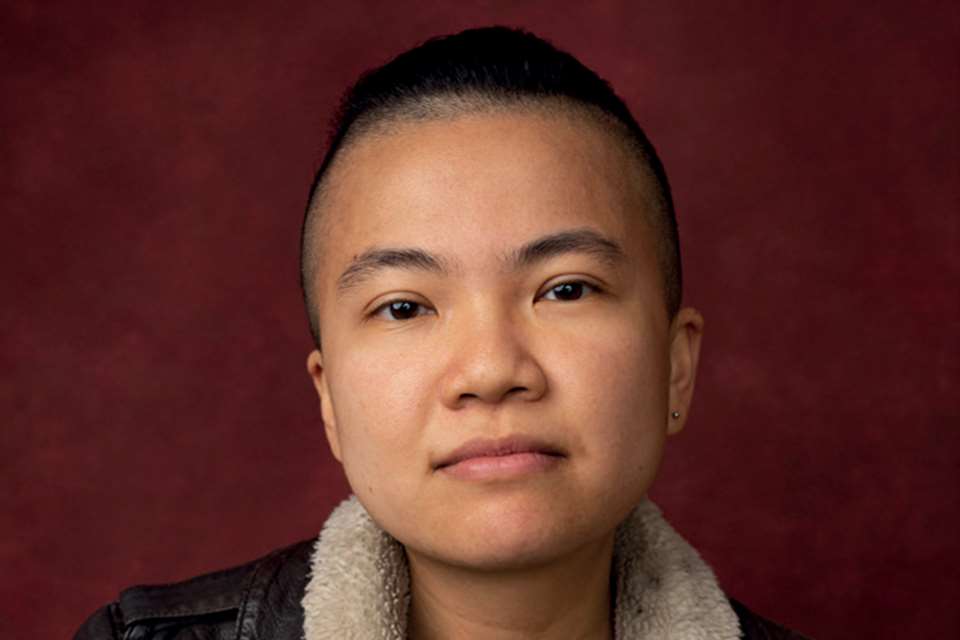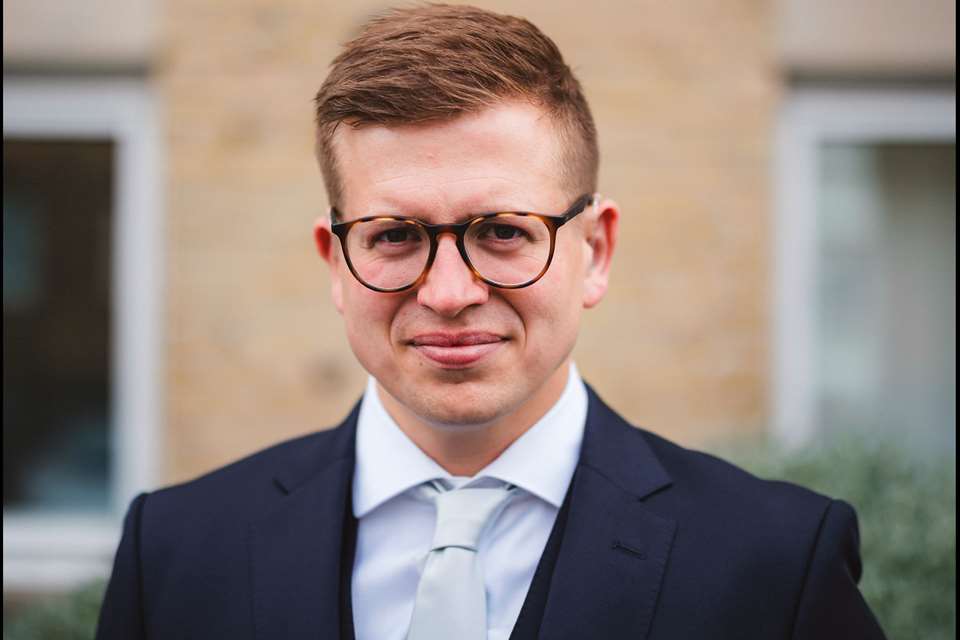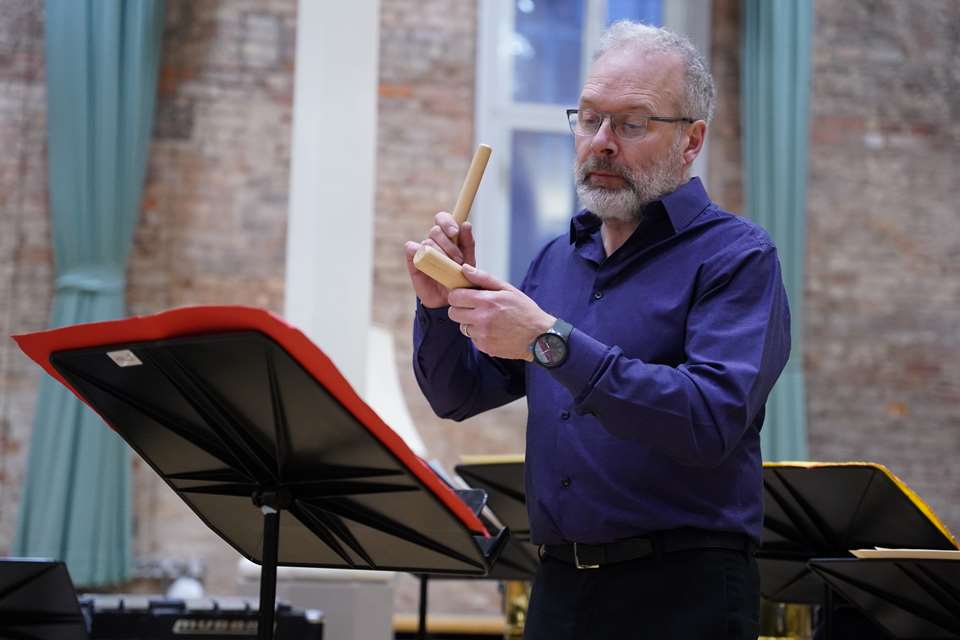Q&A: Nicholas McCarthy
Hattie Fisk
Wednesday, November 1, 2023
Having worked his way up from performing at his local state school to graduating from the Royal College of Music and playing at the Paralympic Games with Coldplay, one-handed pianist Nicholas McCarthy shares his unique perspective on the world of music education with Hattie Fisk.
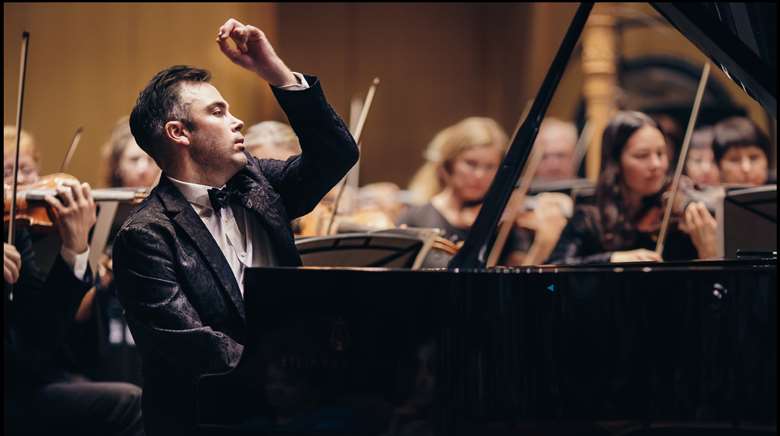
Courtesy Nicholas McCarthy
HF: Was becoming a pianist always on the cards for you?
NM: Actually, not at all. I was born without my right hand, so being a pianist isn't the first choice of career that anyone would have thought for me. It definitely wasn't my parents' first choice of career for me either, given they are both non-musicians. My disability was the biggest hurdle that I faced in my career, but another was my age. I didn't display a wish to start playing the piano until I was 14, which is incredibly late in the day if you want to become a professional musician.
HF: What were your first experiences with the piano like?
NM: I used to play two-handed repertoire with my little arm and my left hand, and I did a few of my first Grades that way because I knew nothing about left-hand-alone repertoire. I was very much feeling my way in the darkness, and I didn't know anything about conservatoires or exam boards. But I had a lovely local piano teacher who thought outside of the box, and at that time I felt that was so important for me as a disabled person going into this traditional setting. I come from a working-class background; I even sold my PlayStation in order to fund some of my piano lessons when I was younger.
HF: What are some examples of barriers you faced throughout your education?
NM: I remember at my ABRSM Grade 2 piano exam the examiner noticed immediately that I only had one hand and he said ‘sorry, I think you have the wrong room’, which was an awkward thing to bounce back from as a young person. Despite that, I did the exam and proudly passed with distinction. Similarly, when I mustered up the courage to call up my local specialist music school to arrange an audition, the teacher immediately shot me down purely because I had a disability. It was very different times back then and obviously conversations weren't happening in the way they are now.
HF: I am sorry you experienced that. How did you get to have the career you do following those interactions?
NM: Well, in retaliation I picked myself up and applied to the Junior Guildhall in London, which was obviously a whole different (much bigger) kettle of fish. At that point I was playing as a two-handed pianist, and they offered me a place on the condition that I specialised in left-handed repertoire – something I knew nothing about! I had come from a state school where I was the best pianist, so going to the Junior Guildhall was overwhelming. I could barely sight-read and there were so many holes in my technique and my learning because I started so late. It was very tough, but it was the place I needed to be to realise that I needed to up my game significantly to be taken seriously. I had my sights set on the Royal College of Music for my next step as an undergrad, so I knew that I needed to work hard. I really struggled with having to say goodbye to my two-handed repertoire that I'd grown to love; it was a shock, but it was definitely what was right for me in the long run. At the Guildhall I was awarded the annual piano prize.
HF: Can you see change happening in the world of music education currently?
NM: I can only speak from a disability perspective, but I have seen a real steer in the conversations that everyone is having in recent years. Increasingly, I feel that teachers are opening their minds and becoming more innovative. That is so important because you can't put disabled people in a box. Often, the box must be made for us because each person is different! I work closely with ABRSM on some left-hand repertoire resources that it is rolling out, and I work alongside teachers to have conversations about this and wish to see change. It is really refreshing that there is a growing space in the classroom for those with disabilities. Of course, it's a case-by-case basis for disabled people, but generally if teachers enter the situation with an open mind and curiosity then that is a great start.


